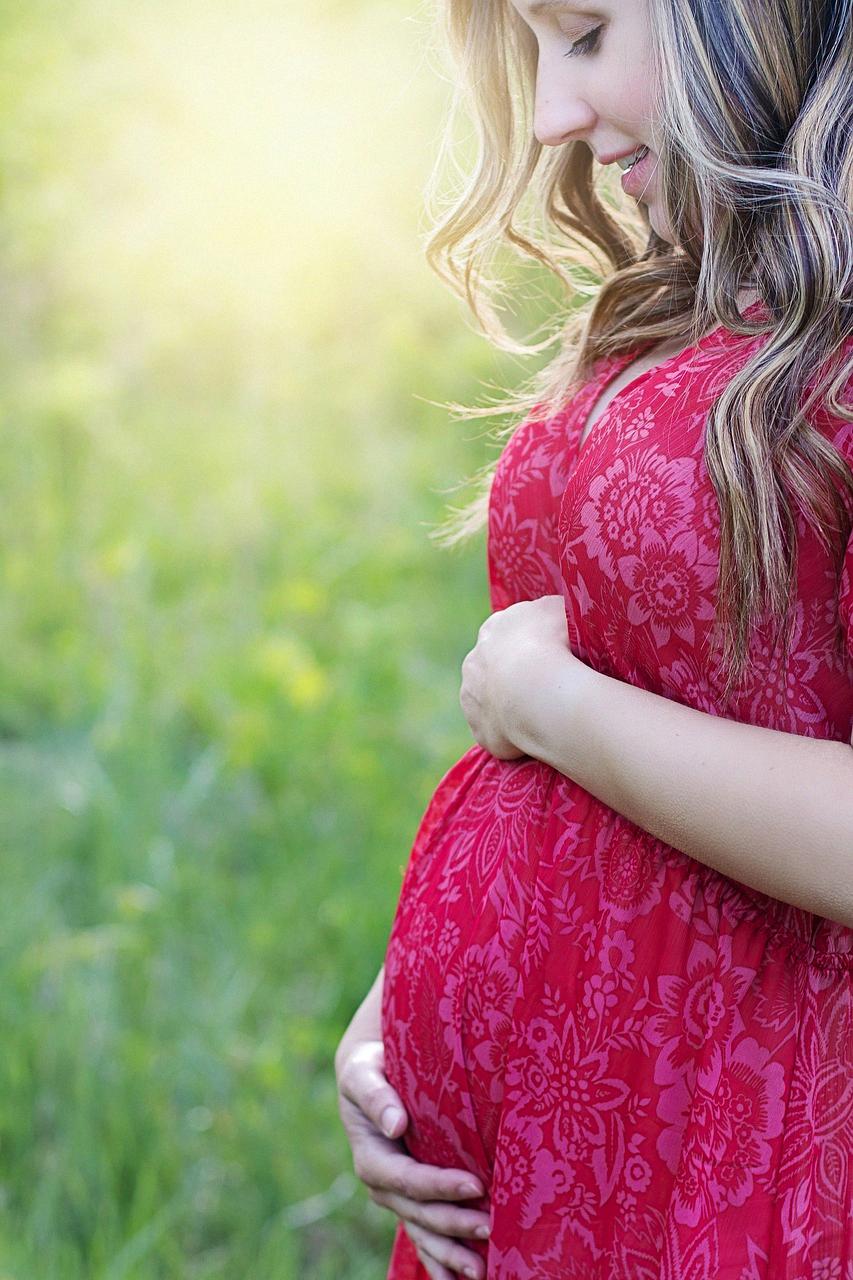Going through a caesarean section is a major surgical procedure that requires time and care for recovery. When you add twins into the mix, the recovery process may present additional challenges. The physical toll of giving birth to two babies can heighten the intensity of the postpartum period, making the healing process a bit more daunting.
One factor that can make C-section recovery harder with twins is the increased strain on your body. Carrying and delivering two babies can take a greater toll on your muscles and tissues, potentially leading to more discomfort and longer healing times. This added physical demand can make it more challenging to bounce back quickly after surgery.
Furthermore, caring for two newborns while recovering from a C-section can be incredibly demanding. The need to lift, feed, and care for two infants can put additional stress on your body as it works to heal. This juggling act of tending to your own recovery while meeting the needs of two babies can make the entire process feel more strenuous.
Another aspect to consider is the emotional toll of recovering from a C-section with twins. Managing the demands of caring for two newborns, possibly while dealing with sleep deprivation and hormonal changes, can take a significant emotional toll. This emotional strain can impact your overall well-being and affect your ability to focus on your own recovery.
In addition to the physical and emotional challenges, the logistical aspects of recovery with twins can also pose difficulties. Coordinating appointments, managing household tasks, and finding time to rest can be more complicated when caring for two babies. This added complexity can make it harder to prioritize self-care and give your body the time it needs to heal.
It’s important to recognize that everyone’s experience with C-section recovery, whether with twins or a singleton, is unique. While some may find the process more challenging with twins, others may navigate it with relative ease. Factors such as overall health, access to support, and individual recovery speed can all play a role in how difficult the recovery process feels.
Despite the potential challenges, there are steps you can take to make C-section recovery with twins more manageable. Seeking support from partners, family members, or a postpartum doula can help lighten the load and allow you to focus on your own healing. Prioritizing rest, staying hydrated, and following your healthcare provider’s guidance can also aid in a smoother recovery.
Engaging in gentle movement and exercises recommended by your healthcare provider can promote healing and help rebuild strength post-surgery. Taking time to connect with other parents of multiples can also provide valuable insights and camaraderie as you navigate the challenges of recovery with twins.
Remember that it’s okay to ask for help and take things one step at a time. Be gentle with yourself as you recover from a C-section with twins, and know that it’s normal to feel overwhelmed at times. By prioritizing self-care and seeking support when needed, you can navigate the recovery process with resilience and grace.
In conclusion, while recovering from a C-section with twins may present unique challenges, it is possible to navigate this period with strength and support. By acknowledging the physical, emotional, and logistical demands of the process, and taking proactive steps to care for yourself, you can find your way through this journey of healing and adjustment.

